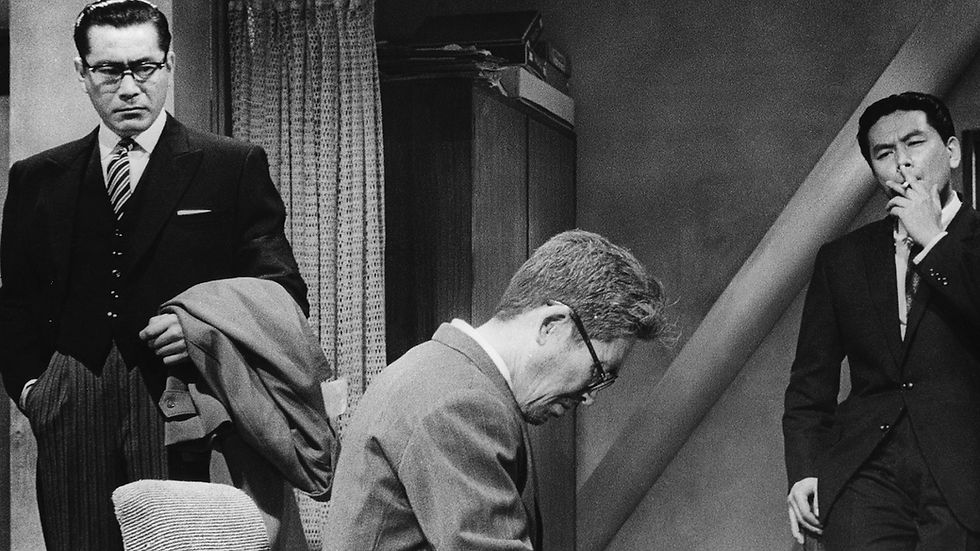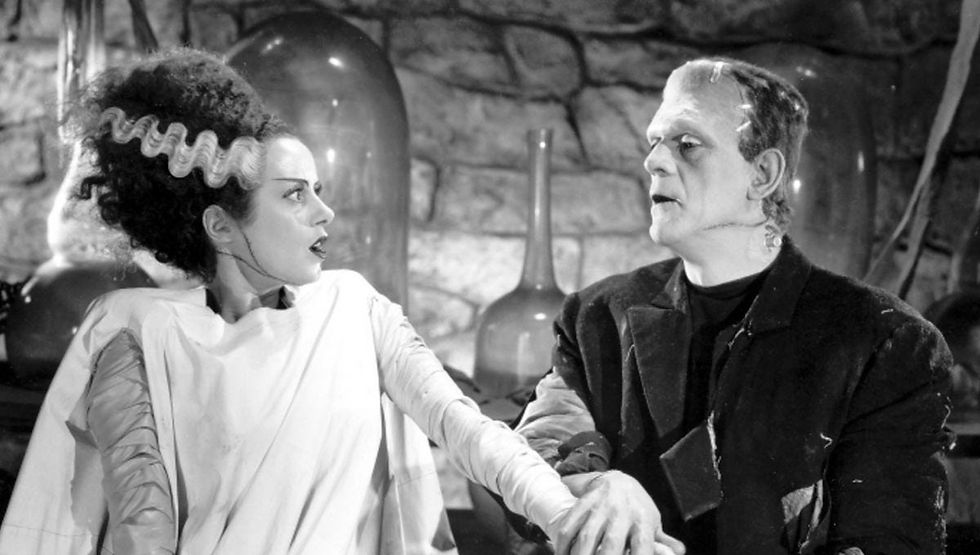Film Review: Midnight Cowboy
- Ava Harper
- Jul 28, 2023
- 4 min read
Updated: Oct 3, 2023

Written by Ava Harper, 7/28/2023
"Nothing behind me, everything ahead of me, as is ever so on the road”- Jack Kerouac
The world witnessed Woodstock, the final live Beatles performance, and a man landing on the moon in the same year. All set against the backdrop of the Vietnam War, tensions were high and the films of 1969 were no different. Medium Cool documented anti-Vietnam War protests in Chicago on the frontlines. They Shoot Horses, Don’t They? depicted American desperation in the 30s through a dance marathon. British director John Schlesinger emerged onto the New Hollywood scene with his seminal film, Midnight Cowboy, one of the most notable and controversial films of the 1960's.
Upon review by the Motion Picture Association of America, the film originally received an R-rating, but was changed to “X” as executives worried how the film’s depiction of sex and homosexuality would impact the youth. As a result, Midnight Cowboy was slapped with an X-rating (something associated almost synonymously with pornographic films at the time) and reduced the number of theaters that could screen the film. Nevertheless, audiences came in droves and were far from disappointed. The film was praised for its gritty depiction of New York and the arguably career-defining performances of Voight and Hoffman. To this day, it is the only X-rated film to win the Academy Award for Best Picture.
“For those who have never seen it and those who have never forgotten it” was the tagline that accompanied the film for its re-release in 1980. It’s an ominous sentence, yet it perfectly describes the feeling after viewing Midnight Cowboy. Jon Voight plays Joe Buck, a wide-eyed Texan who comes to New York as a male prostitute. His first sexual encounter in the city is with a wealthy woman who is insulted she has to pay afterwards. To avoid upsetting the woman, Joe pays her instead. Joe Buck’s sympathy runs thin after losing all of his money and belongings, and eventually joins forces with con man Rico “Ratso” Rizzo, played by Dustin Hoffman. The two squat in an abandoned apartment where conditions steadily worsen.
Joe Buck and Rico’s relationship has been the subject of conversation ever since Midnight Cowboy premiered. The film certainly does not shy away from depictions of homosexuality, as Joe Buck has sex with men twice. The first being a young man in a movie theater who can’t pay after the fact and the second being a self-loathing gay man who Joe steals from and presumably kills. Whether you believe the two are in love or otherwise, their devotion to one another cannot be understated. Rico takes Joe Buck under his wing and helps him make money for the pair. As Rico becomes increasingly ill, Joe Buck uses the stolen money to achieve Ratso’s wish to move to Florida. Easily the most heartfelt moments in the film can be found in their scenes together on a bus to Florida. Joe promises to reinvent himself and find an ordinary job once they arrive. Rico becomes unresponsive, and it is evident that he has died. Joe closes his eyelids and looks out at the palm trees passing as he starts anew.
Hoffman commented on the debate in 2010 for Vanity Fair: “Both Voight and I are actors, and it hit us. ‘Hey, these guys are queer,’” observes Hoffman. “I think it came out of the fact that we were in the abandoned tenement [where the characters share a flat]. We were looking around the set, and I said, ‘So? Where do I sleep? Why do I sleep here and he sleeps there? Why does he have the really nice bed? Why aren’t I—yeah, why aren’t we sleeping together?”. When the two actors asked Schlesinger, who himself is gay, said, “‘Oh God! Please! It was hard enough to get the financing. Now all we have to do is tell them that we’re making a homosexual film. I was hoping we would get the college crowd. We’ll get no one.’” While gay characters and themes have existed in all mediums of art, audiences today tend to gravitate towards direct depictions, such as Brokeback Mountain or Love,Simon. Sometimes these same audiences view 2000’s-era queer movies as the first to ever depict gay relationships. What people often forget is the importance of subtle depictions during eras where homosexuality was more frowned upon or even illegal, especially their impact on closeted gay filmgoers viewing them for the first time. That’s not to say direct depictions are a new phenomena, (see Mädchen in Uniform or The Children’s Hour) but we’d be doing a disservice to decades of film history if we failed to engage in nuance when it comes to representation on-screen.
Midnight Cowboy will leave you with the same waywardness of Joe Buck and Rico. Vincent Canby’s review for the New York Times perfectly encapsulates the lasting impact of the film: "...you won't ever again feel detached as you walk down West 42nd Street, avoiding the eyes of the drifters, stepping around the little islands of hustlers and closing your nostrils to the smell of rancid griddles".
10/10






Comments